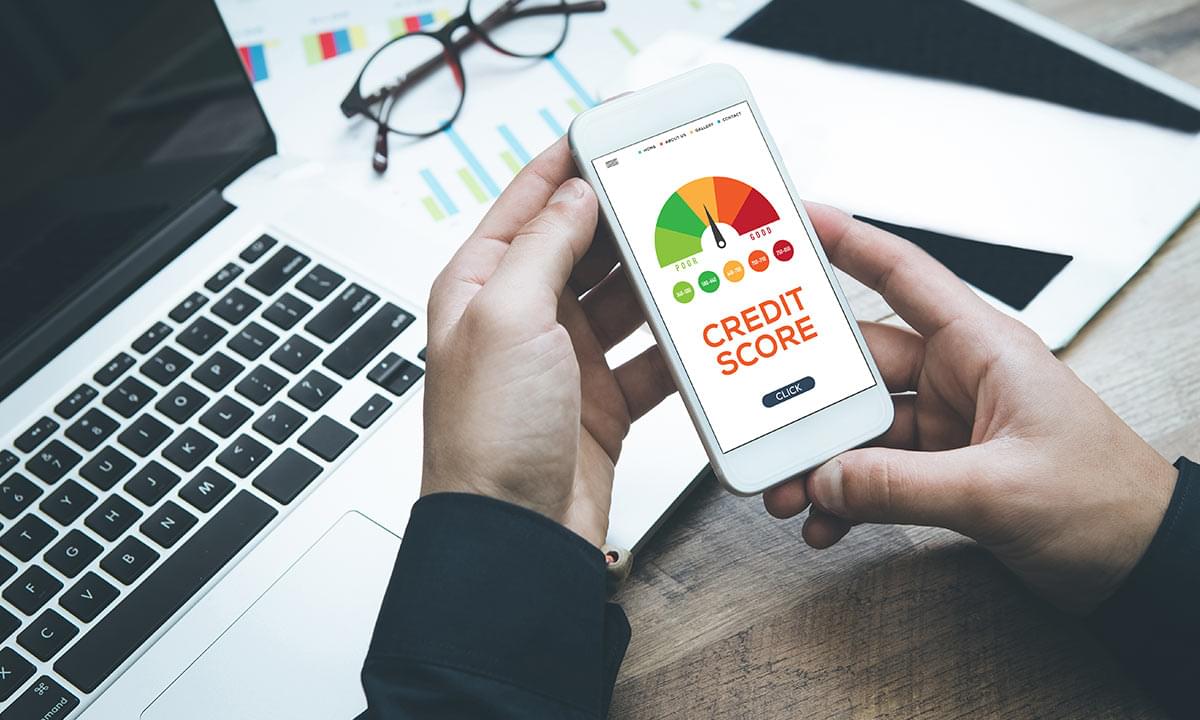A credit score is used by financial institutions to determine whether to do business with you how risky it is to do business with you. It’s a score based on information derived from lenders you have done business with and your repayment history with them.
The better your credit score, the more likely you are to qualify for the loan or mortgage you’re need. If your credit is good, you may even receive preferred rates or terms.
How Does it Work?
When you are applying for a loan or mortgage from a financial institution a credit rating report is created. This report is maintained by credit reporting agencies and includes whether you’ve paid your bills on time, if you’ve missed payments, and what your outstanding debt is. Over time, this data will create a story which tells how well you pay — or don’t pay — your debts.
Information appearing on your credit rating is kept for several years, and therefore it’s important that you pay all your bills on time, including the ones that seem small and insignificant – even if it is just the minimum payment.
Regularly staying on top of your bills reflects a good pattern of behavior. If you often — or even sometimes — miss bill payments, this can negatively impact your credit score, and a lower score means you’re less likely to qualify for financing later on. If this is a concern, consider setting up automatic transfers on payday with your RBC Online or RBC Caribbean mobile banking app so you don’t let a payment slip by.
Your credit score is your score
This article is intended as general information only and is not to be relied upon as constituting legal, financial or other professional advice. A professional advisor should be consulted regarding your specific situation. Information presented is believed to be factual and up-to-date but we do not guarantee its accuracy and it should not be regarded as a complete analysis of the subjects discussed. All expressions of opinion reflect the judgment of the authors as of the date of publication and are subject to change. No endorsement of any third parties or their advice, opinions, information, products or services is expressly given or implied by Royal Bank of Canada or any of its affiliates.



















